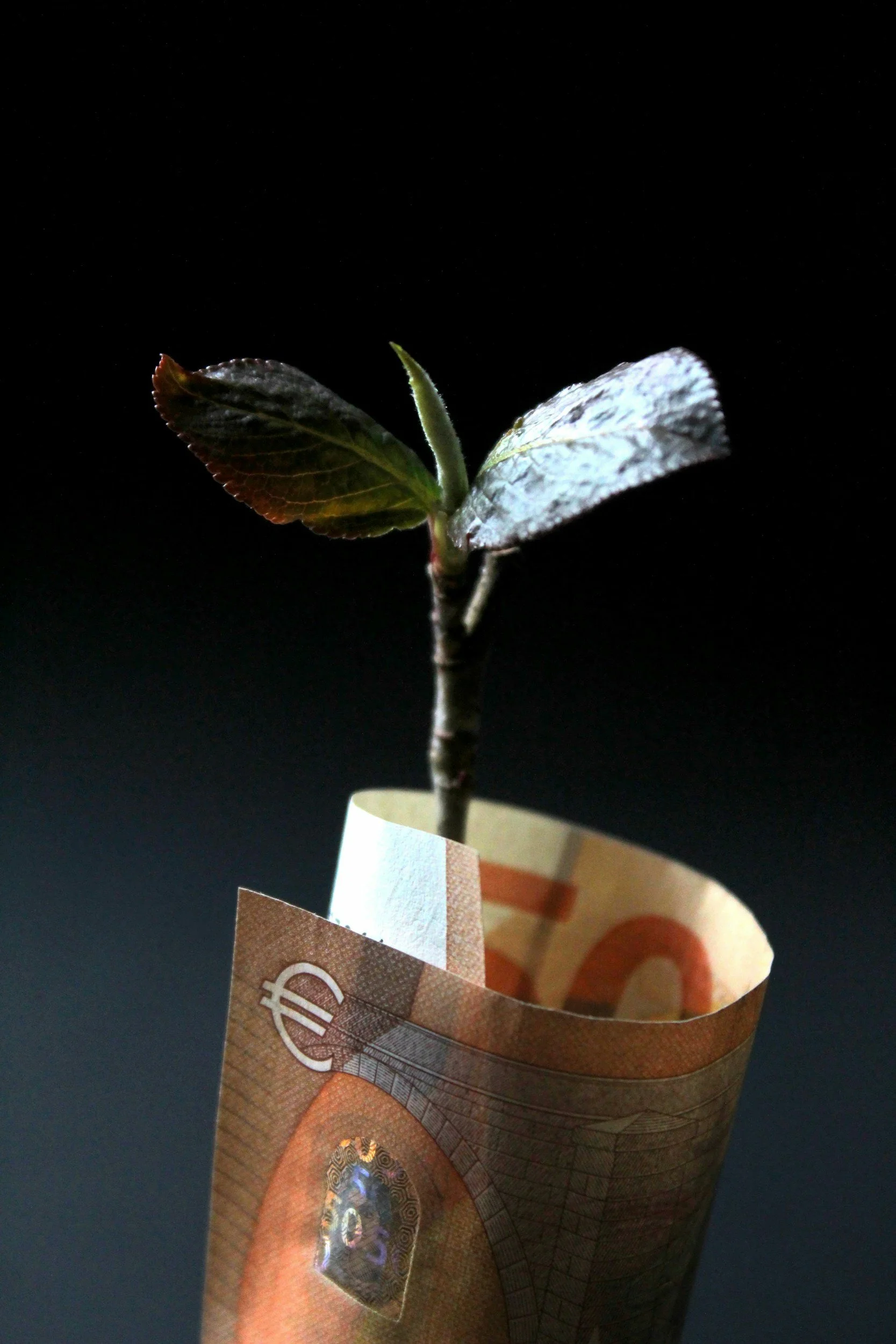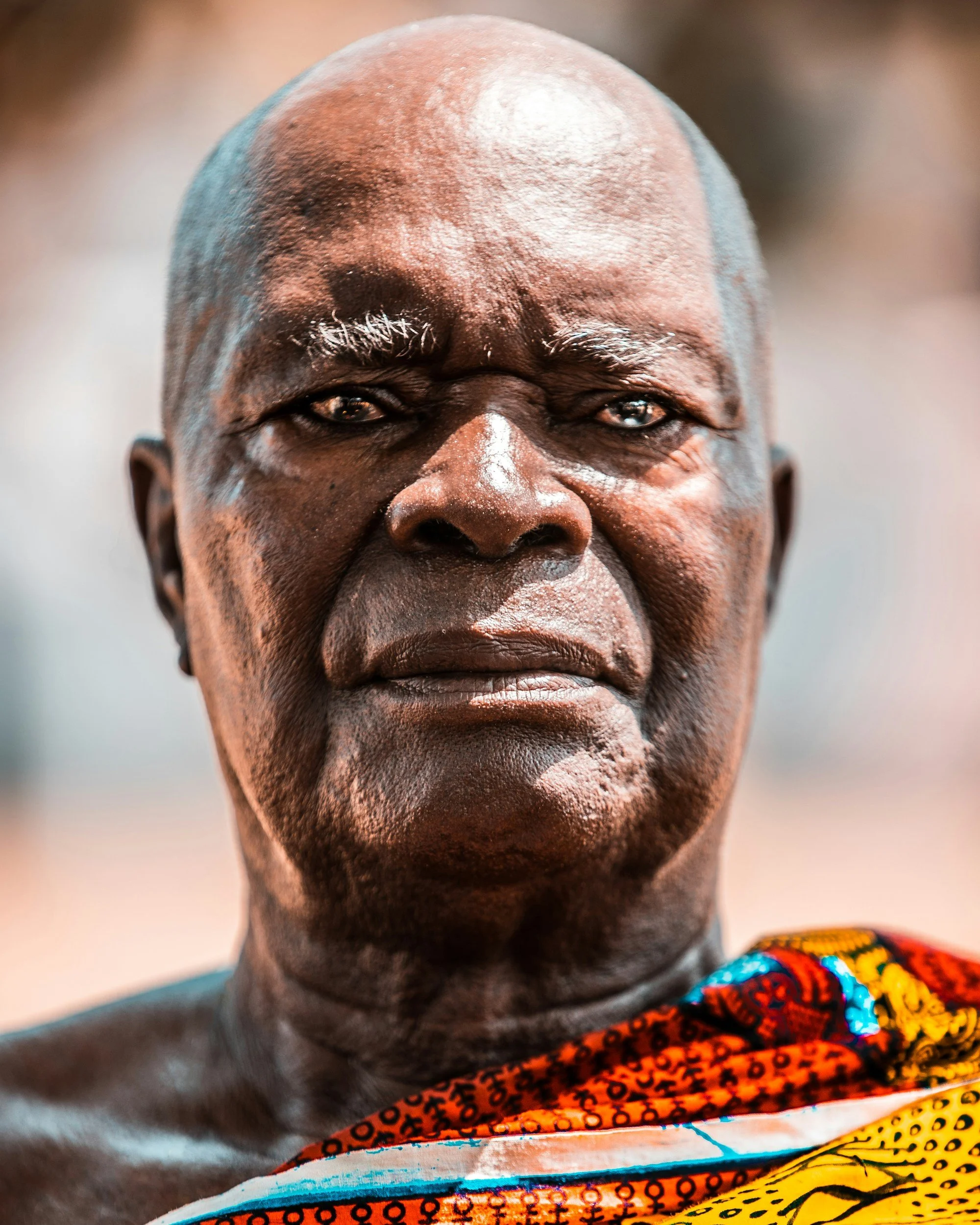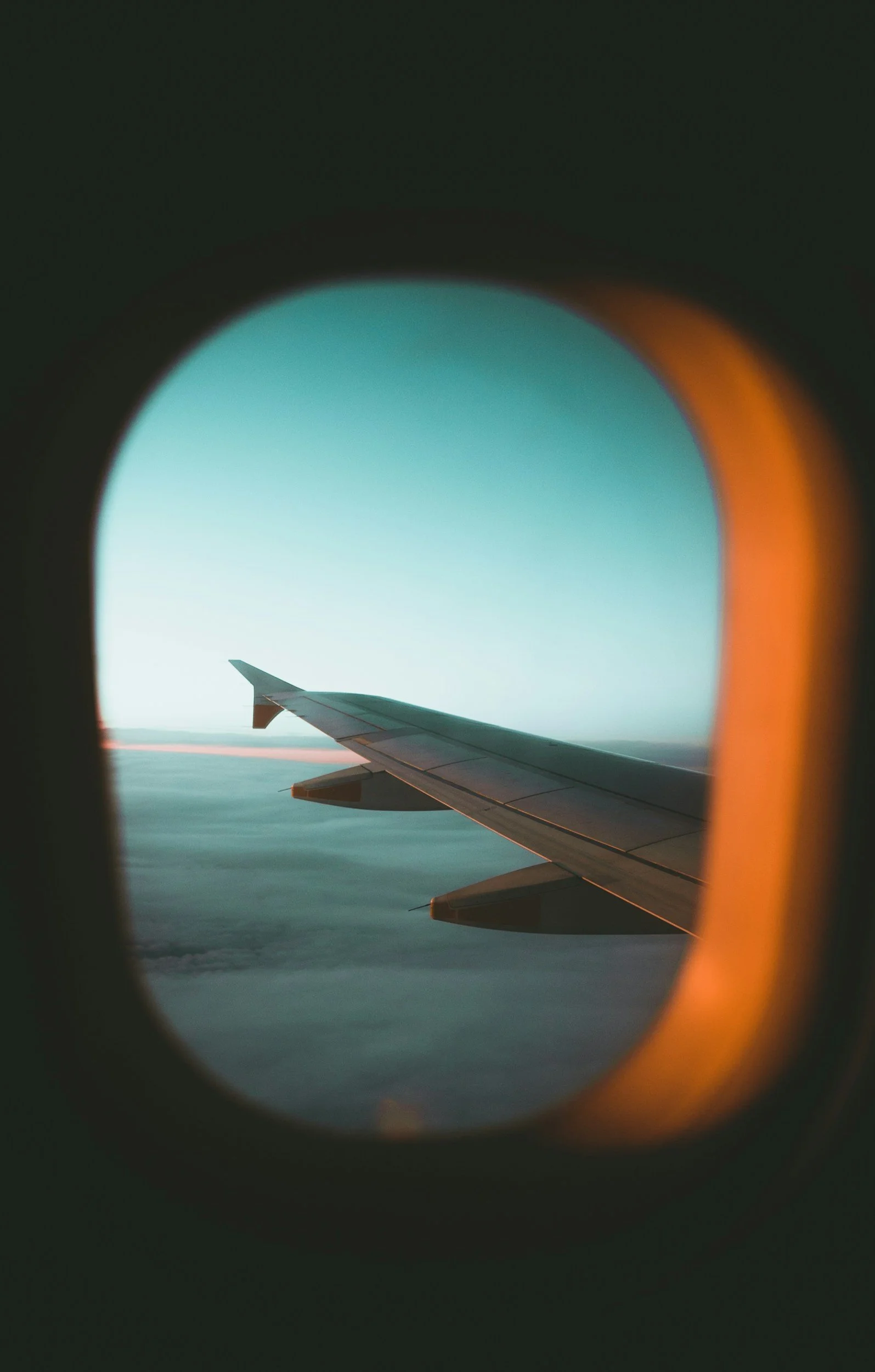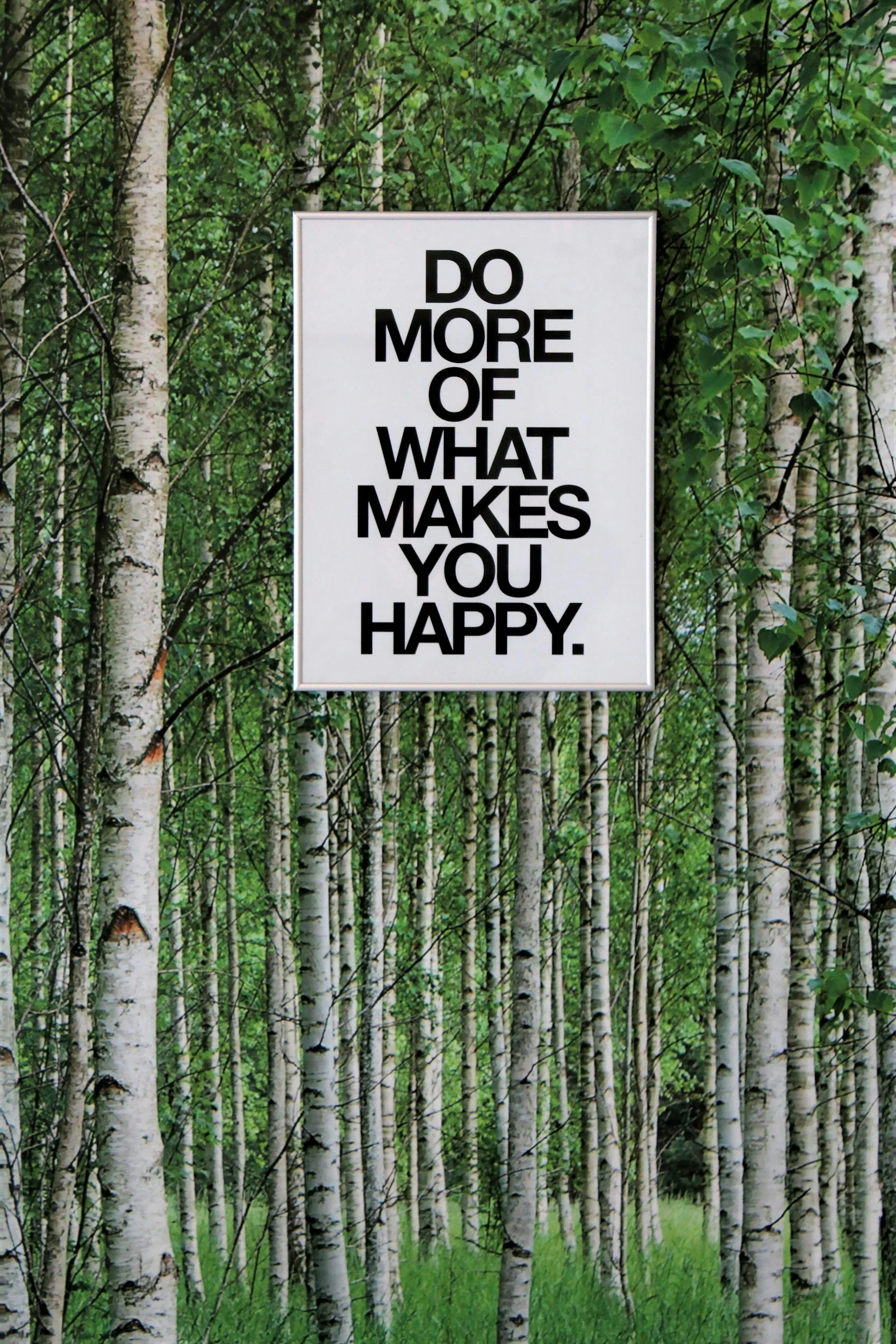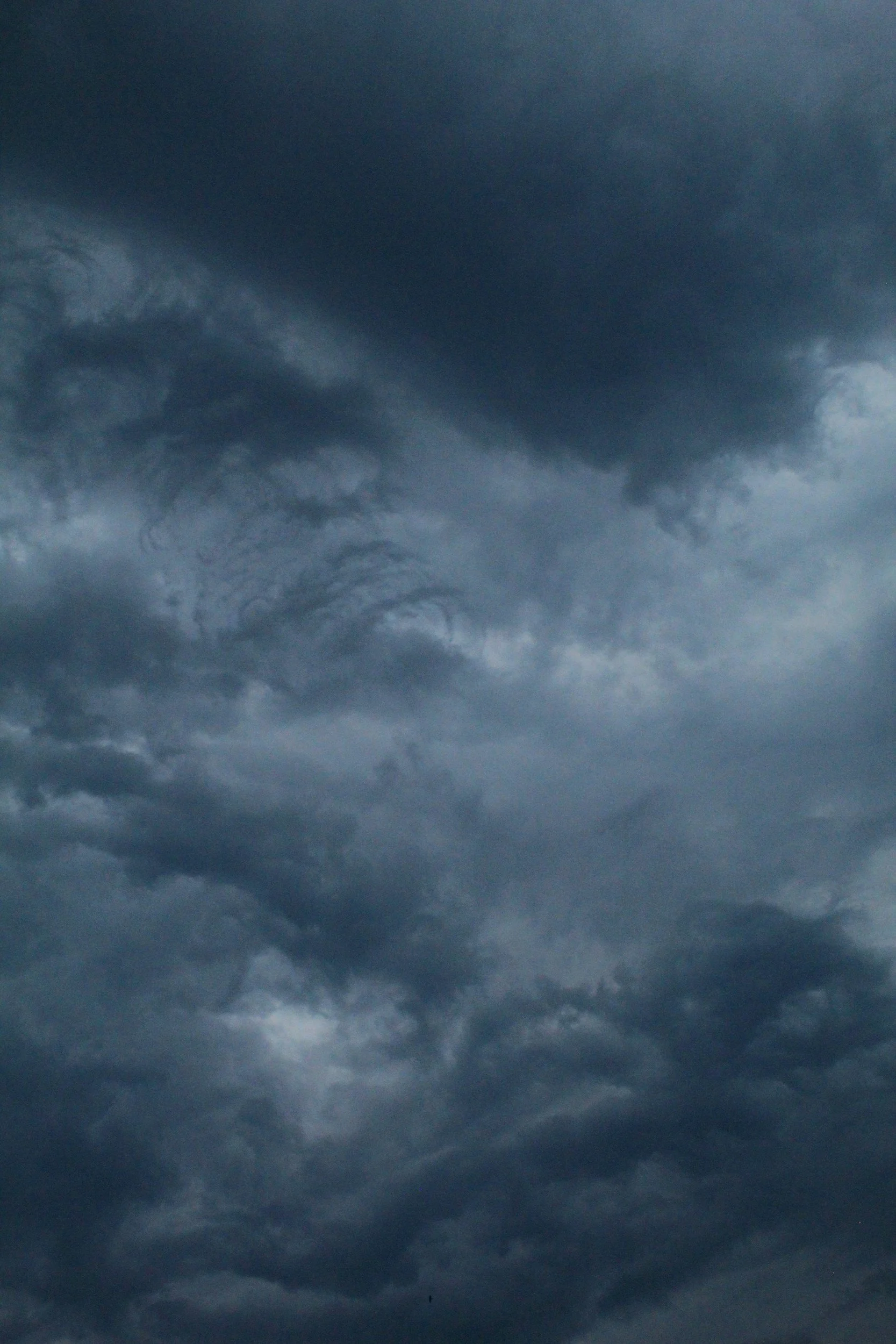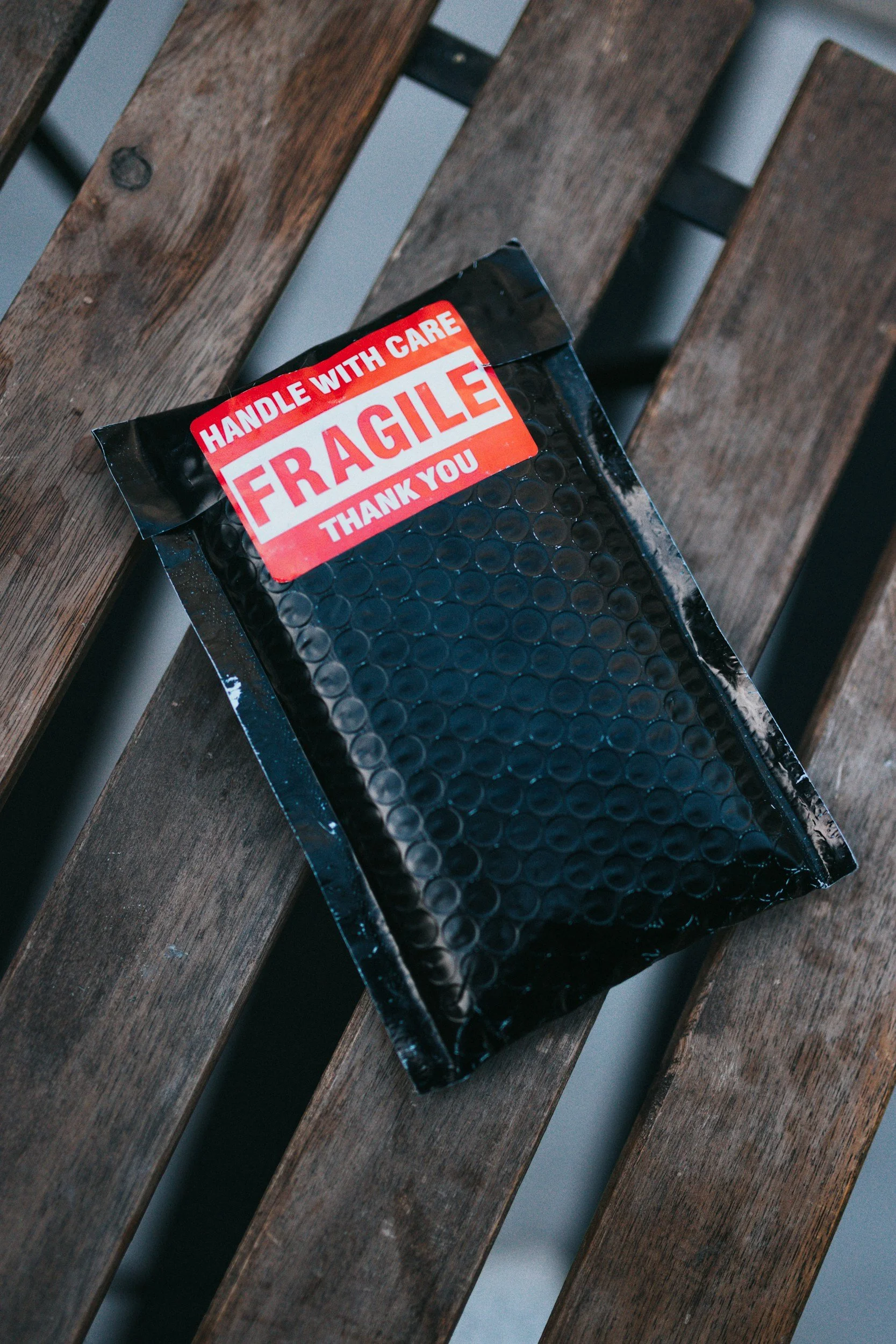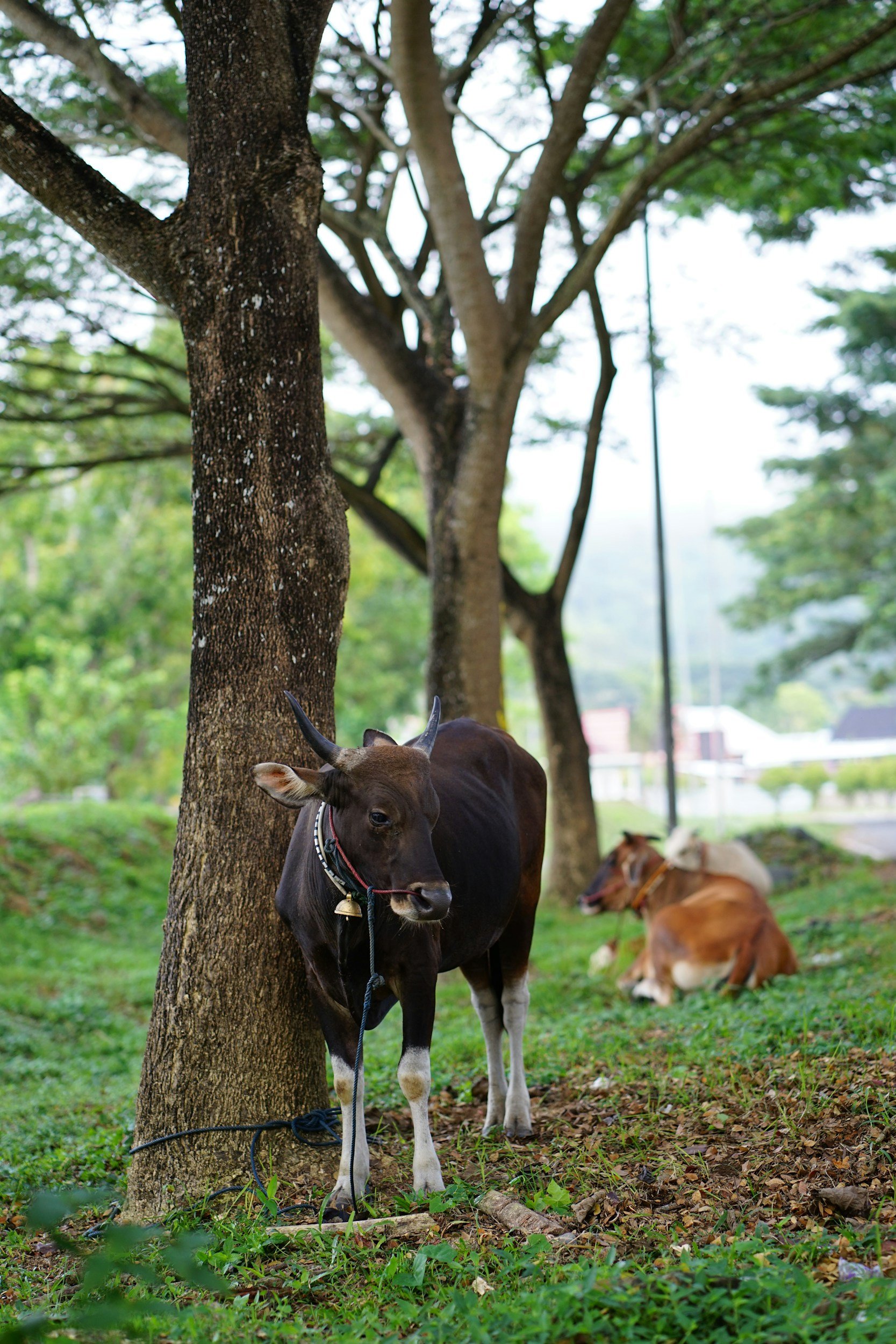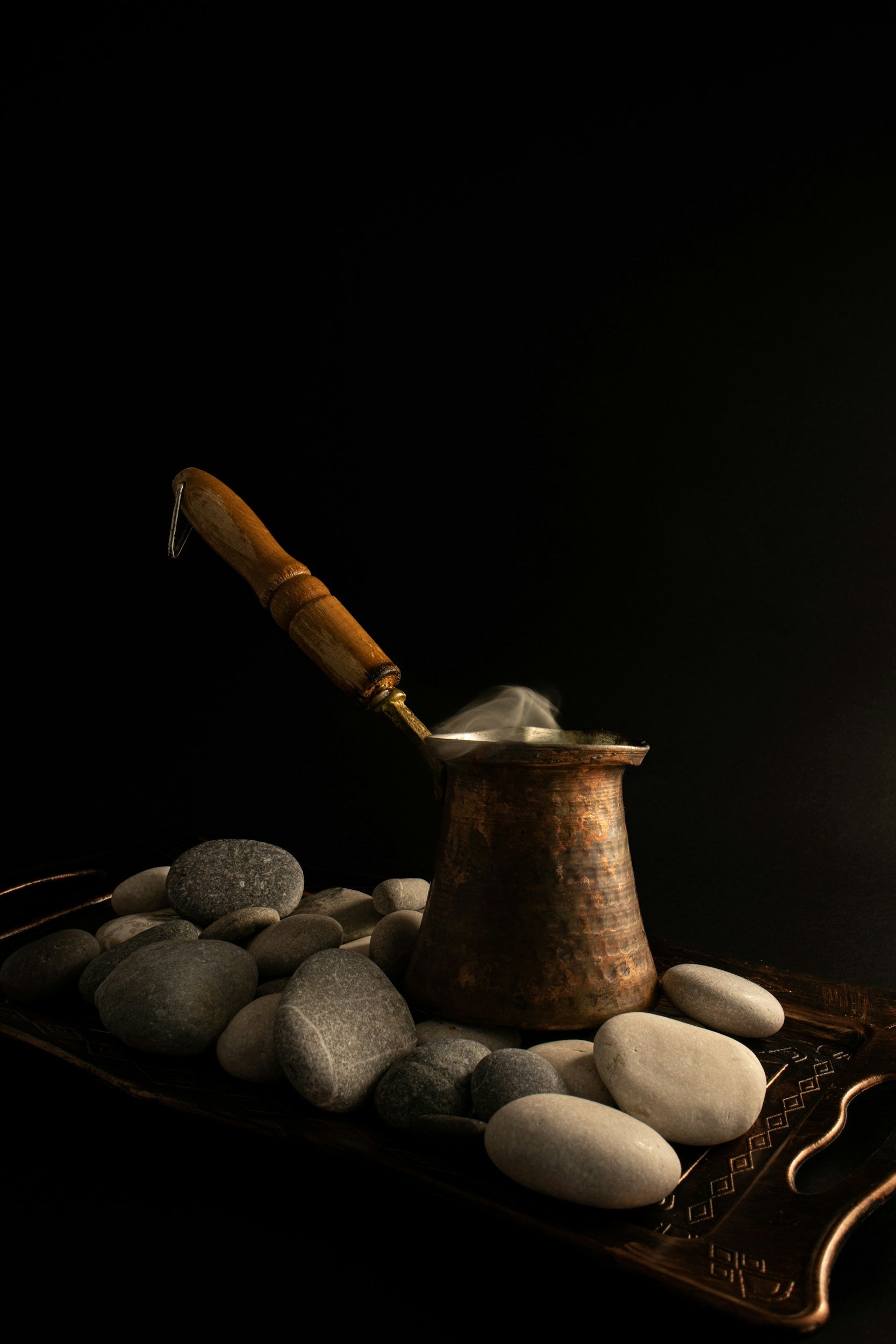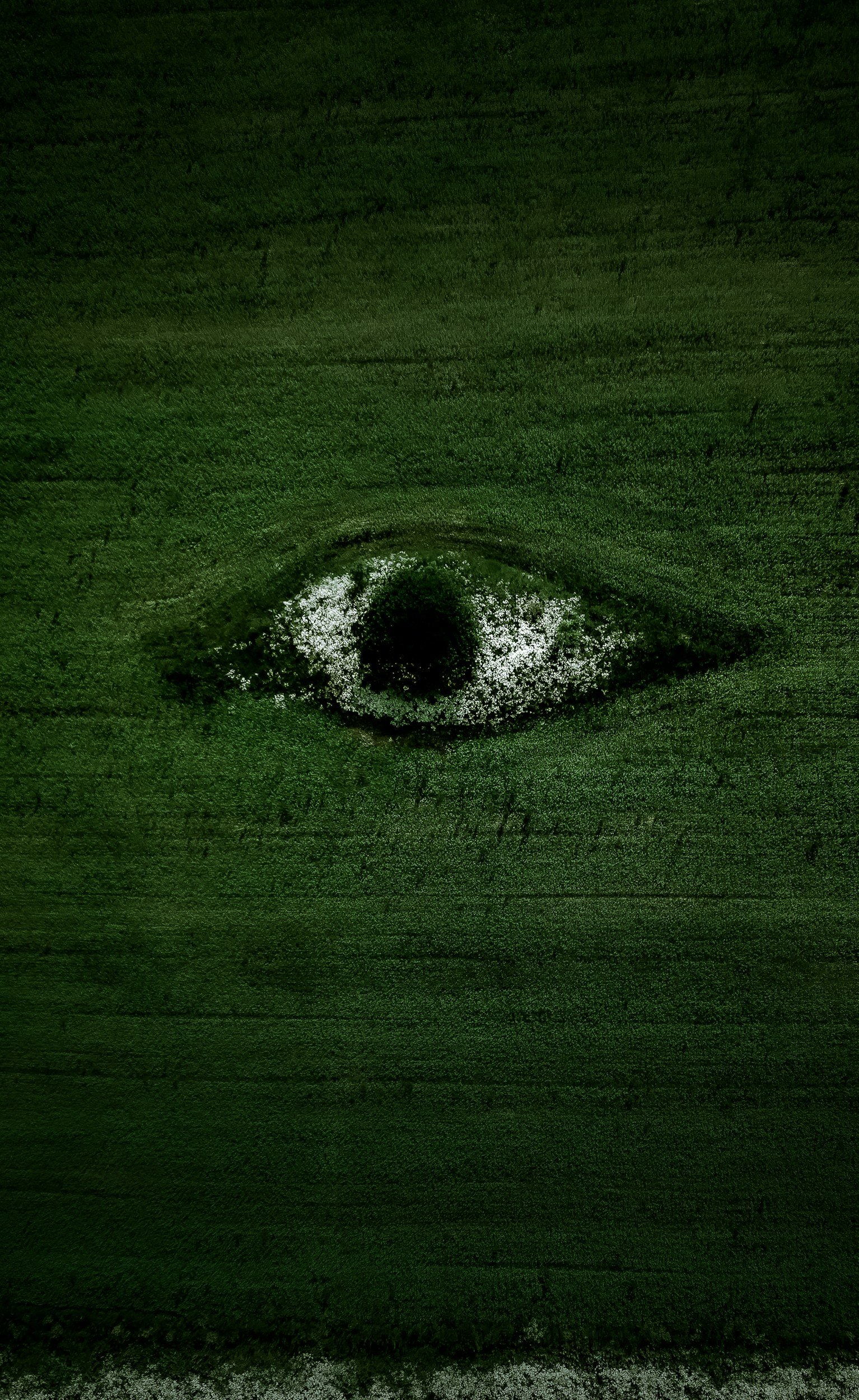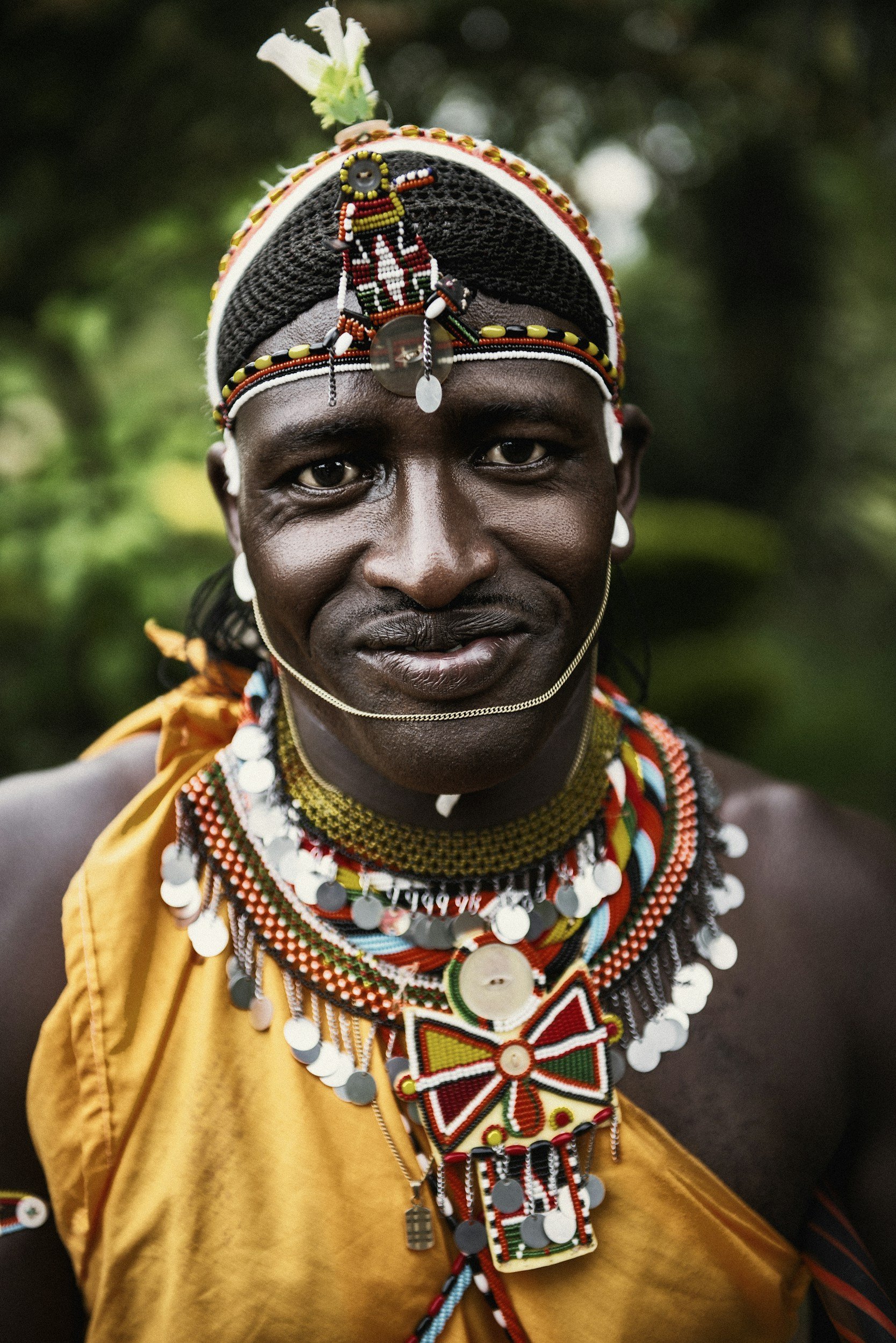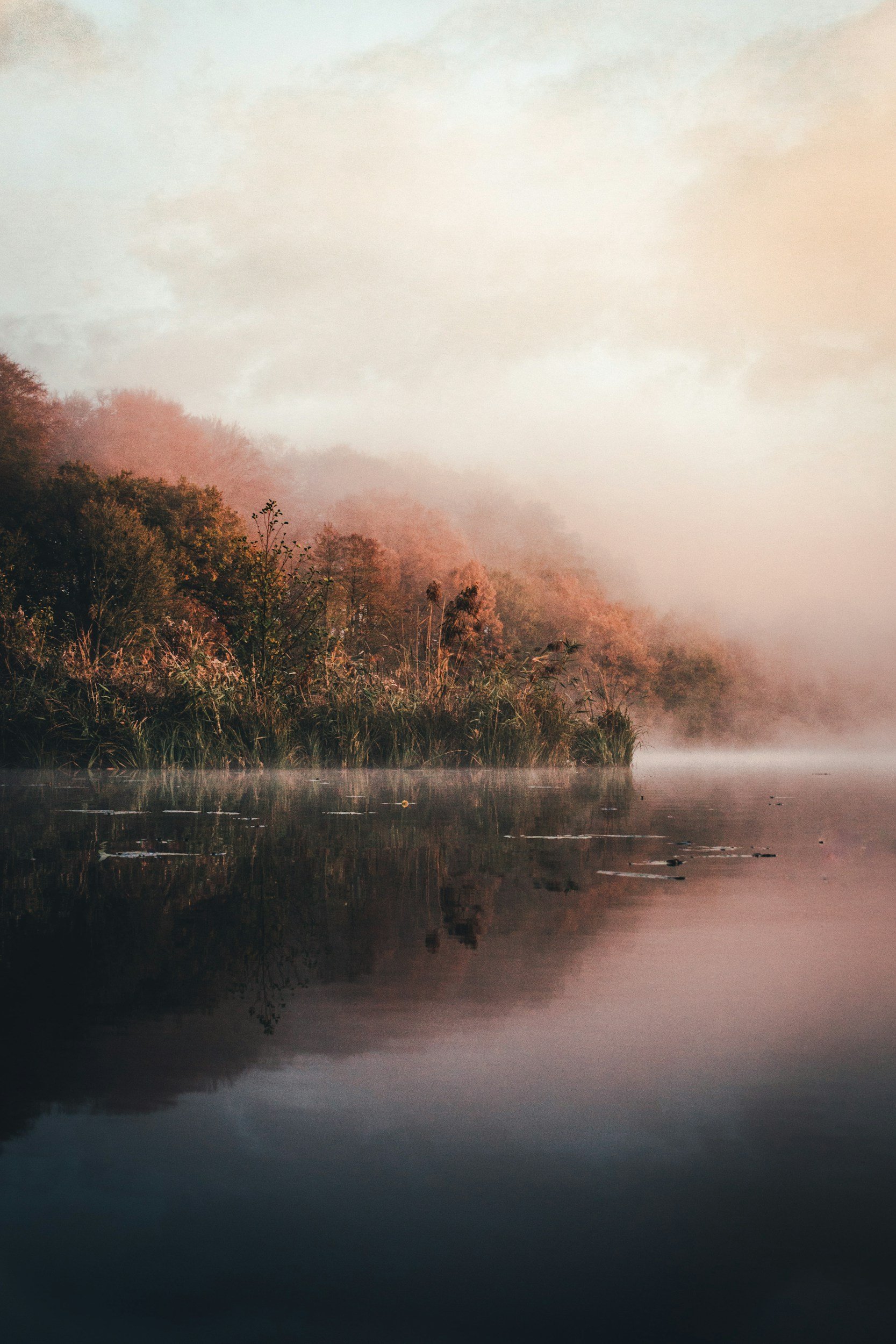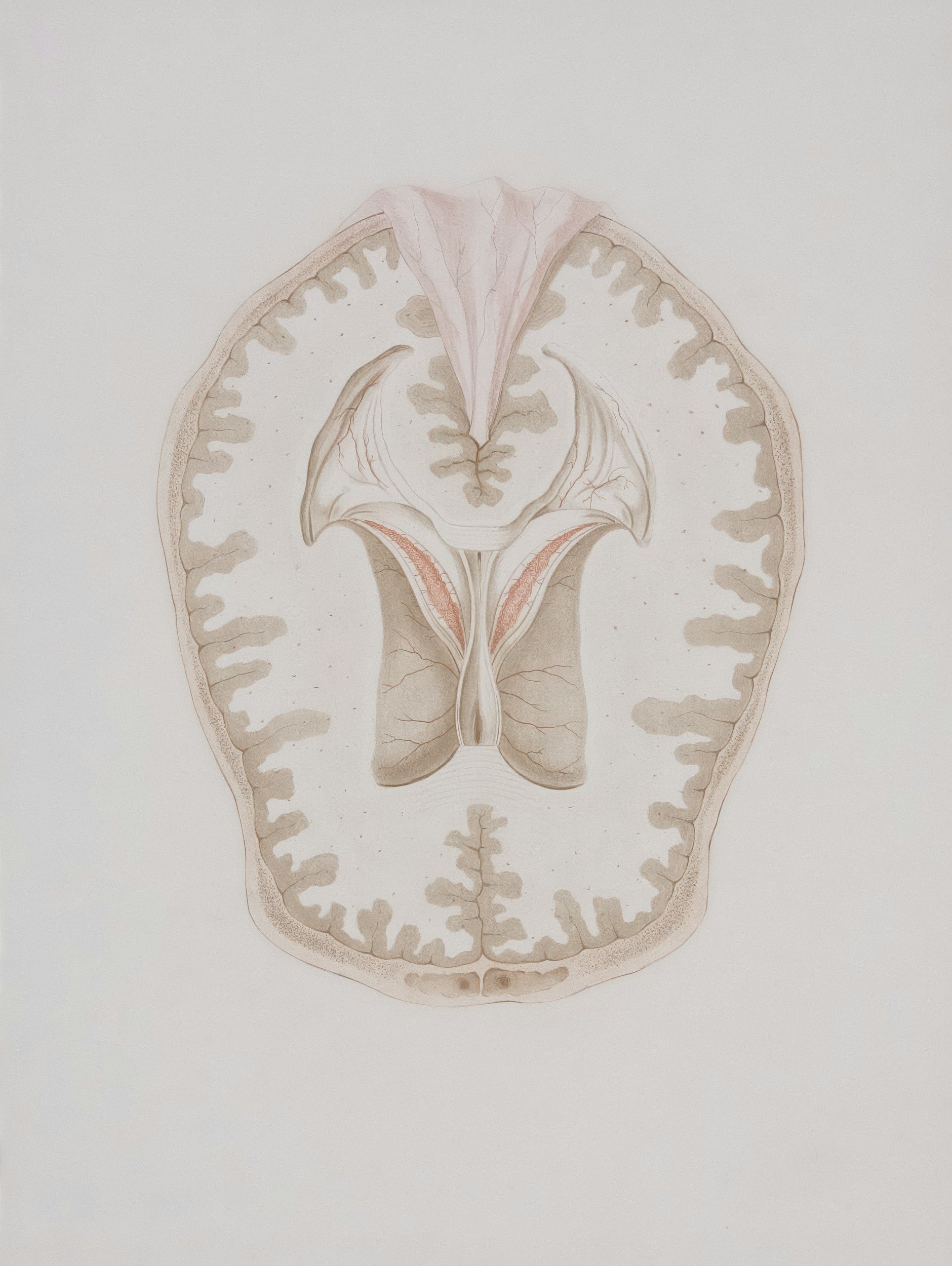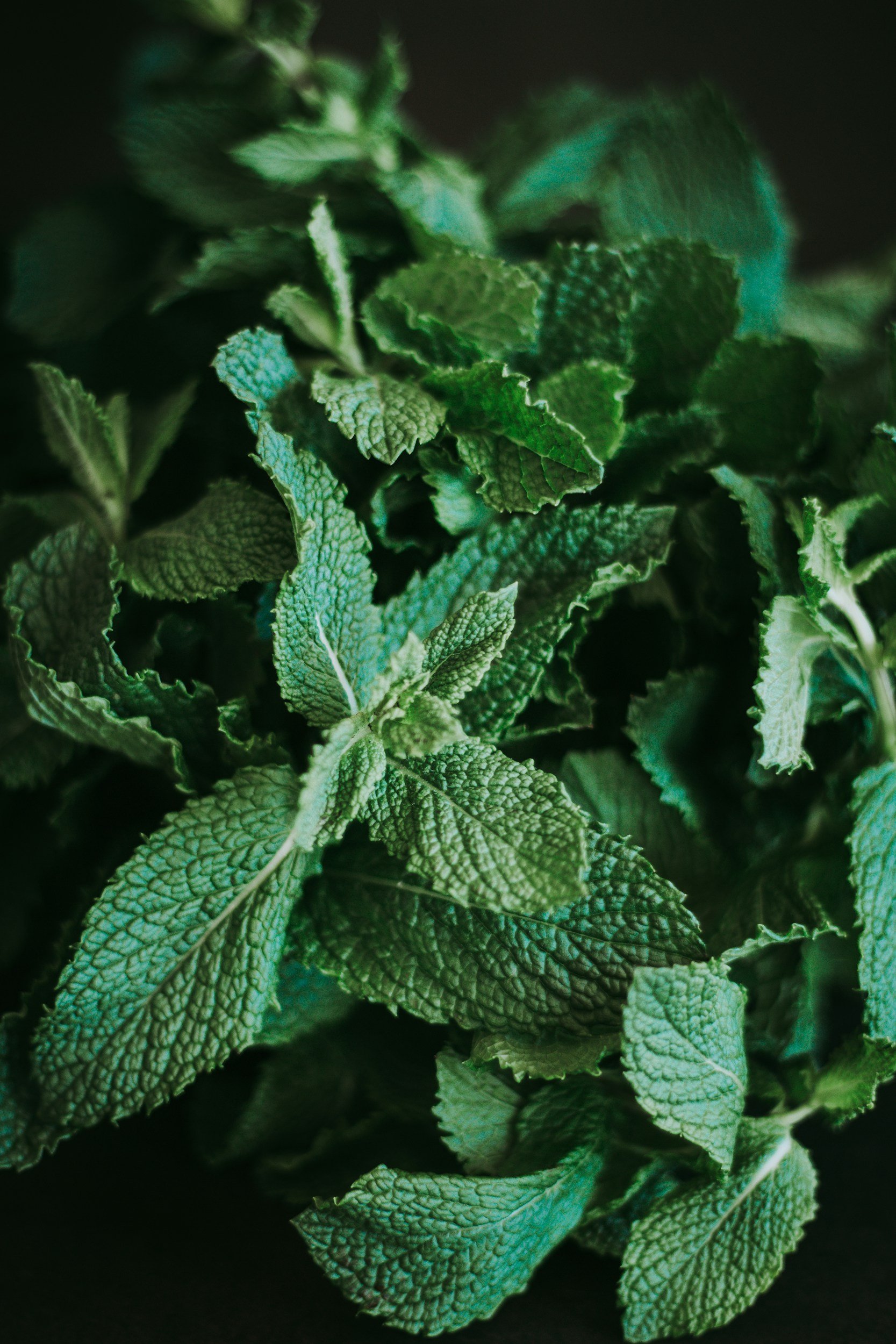Dibia Ogwu are healers, herbalists, exorcists, diviners, protectors, and wisdom-bearers all rolled into one.
For centuries, Dibia Ogwu has served as one of the pillars of community well-being and spiritual balance. Their role is both practical and sacred in Igbo spirituality.
Who Is a Dibia Ogwu?
A Dibia Ogwu is essentially a spiritual healer and exorcist. The word "Ogwu" refers to medicine, not just physical herbs, but also spiritual and metaphysical remedies. A Dibia Ogwu is someone deeply trained and spiritually attuned to diagnose and treat both visible and invisible ailments.
But their work goes far beyond just healing sickness:
They are called upon in times of personal or communal crisis.
They are central to rites of passage, such as births, marriages, and funerals.
They prepare protective charms and talismans to safeguard individuals, families, and homes.
They offer guidance for success in business, travel, relationships, and life goals.
They interpret mysteries, such as untimely deaths, spiritual disturbances, infertility, and recurring misfortunes.
They help resolve the condition of those denied second burial rites, ensuring ancestral peace.
Their role also includes exorcism—the removal or pacification of harmful spiritual forces. Whether caused by malevolent spirits or human envy (aka spiritual attacks), Dibia Ogwu performs rituals and sacrifices to neutralize dark influences and restore balance.
Guardians of the Spiritual Health of the Community
Dibia Ogwu were part of the informal spiritual legislature in many Igbo communities, especially in the past:
They shaped public opinion on major spiritual and ethical matters.
They advised on community-wide issues.
Their voices were sought in disputes, conflict resolution, and peace-building.
They held this influence because they were seen as mystical experts who saw beyond the surface, people who are connected to deeper spiritual truths.
The People’s Confidence
In traditional Igbo society, Dibia Ogwu enjoyed the full trust and confidence of the people. Their reputation was built on results, wisdom, and an unwavering commitment to spiritual truth. Seekers would travel long distances to consult them, and their words carried serious weight.
Even today, in a world shaped by Western medicine and modern technology, Dibia Ogwu are not obsolete. Far from it, they are still quietly active, with a devoted following.
Many people, even highly educated ones, still seek out the help of Dibia Ogwu when:
Conventional medicine has no answers.
They sense spiritual attacks or ancestral unrest.
They need protection or insight that science cannot offer.
Their Role in a Modern World
Today, modern medicine offers many tools for physical healing. But there are still dimensions of life that require spiritual insight, ancestral wisdom, and energetic intervention. This is where Dibia Ogwu continues to thrive.
They adapt, combining age-old knowledge with new understandings. Some even collaborate quietly with modern health workers. But their focus remains the same:
To protect life, to heal the soul, and to maintain balance between the spiritual and the physical.
Final Thoughts
Dibia Ogwu may not be as “positively” visible in public discourse as they once were, but their legacy and relevance remain strong. Their role in traditional society reminds us that healing, is not just about the body, it is about the totality of life.
If you’ve ever felt that something is off—beyond what science can explain—perhaps it’s a whisper from the world of spirit, calling you back to your roots, back to the wisdom of the Dibia Ogwu. Jisie ike!
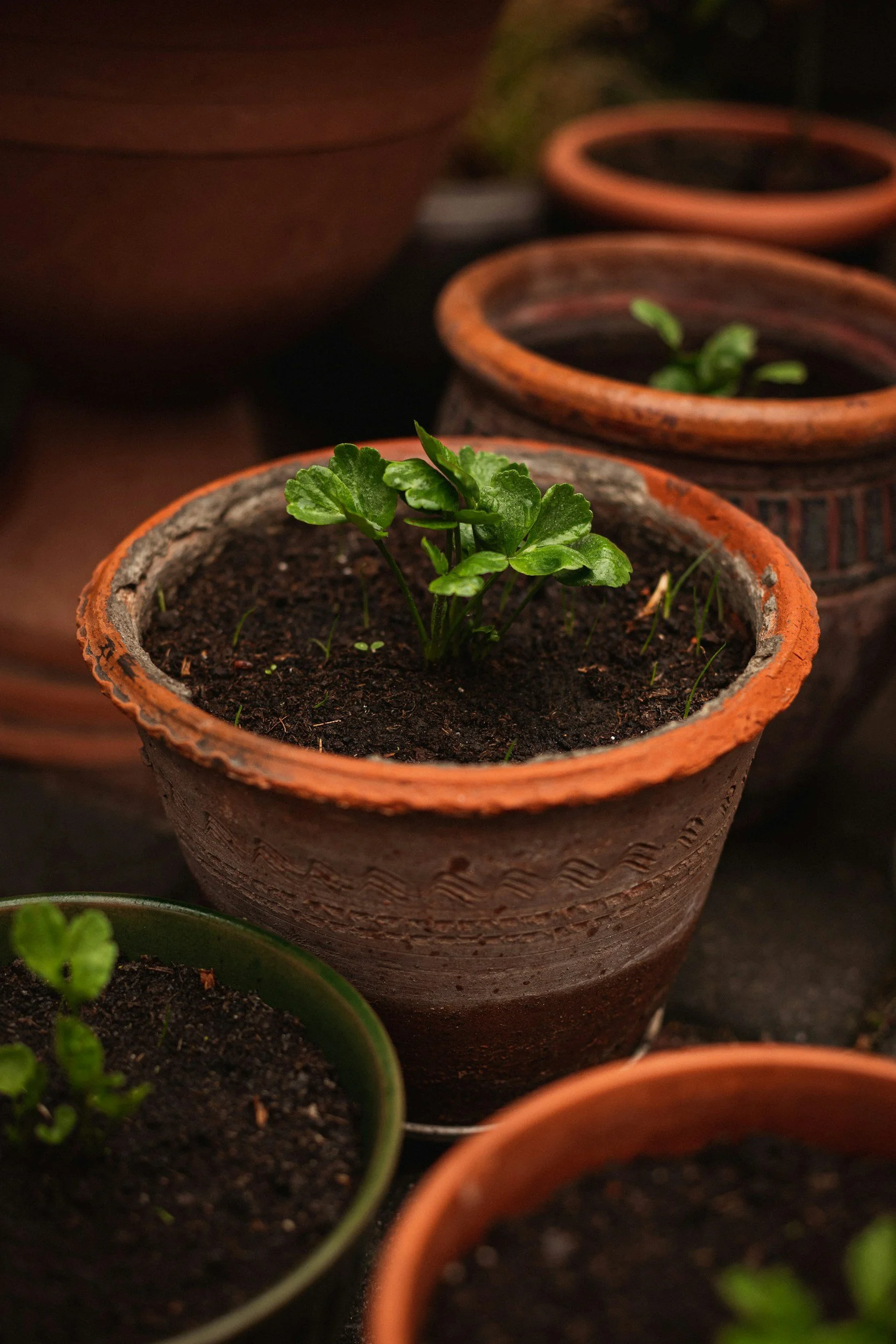
Recommended Resources:
Introduction to Igbo Medicine: Igbo Healers and Agwu Deity in a Therapeutic Society | Patrick Iroegbu (Article)
A Dibia with His Tools, 1921 | Igbo Archives (Article)
The Origins of Ụmụ Agbara Agwụ and the Cult of Agwụ Tutelary Entities on Ọdịnala | Odinani: The Sacred Arts & Sciences of the Igbo People (Article)
Dibịa is not Native Doctor: The Roles of Dibịa in Igbo Land — A Historical and Descriptive Approach | Igbotic Net (Article)
Join Odinani Mystery School for access to Exclusive in-depth teachings on ancient Igbo wisdom and mystical sciences!
Igbo writer, mystic and philosopher.
